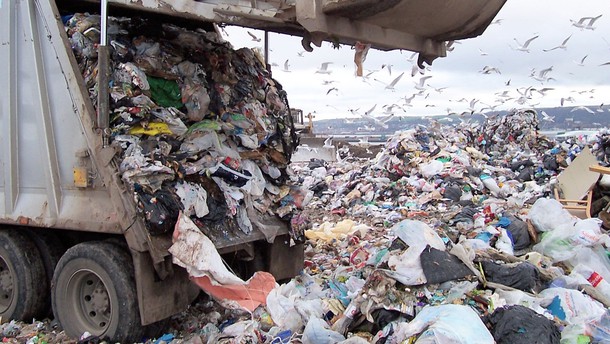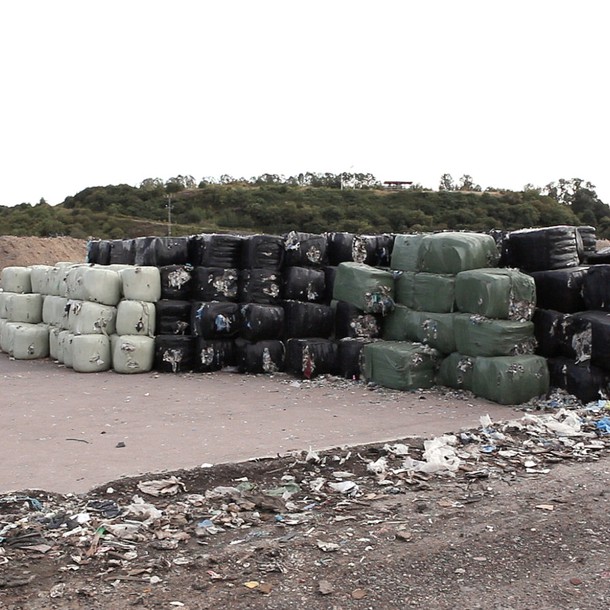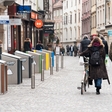
Oriented towards creating zero-waste, Sweden thought about what to do so that every household waste item was repurposed, recreated into something new that can be used again instead of wasted. They thought about turning waste into new products, raw materials, gas or heat and came up with a solution that resulted in what we can easily call a recycling evolution, especially when one compares figures with the year 1975, when only 38 per cent of household waste was recycled. Today, over 99 per cent of all household waste in Sweden is recycled.
Sweden produces waste just as any other country, but its truly remarkable what they decided to do with it. According the Swedish Institute, Sweden burns about as much household waste as it recycles, over 2 million tons, and converts this to energy. The country's 32 waste-to-energy (WTE) incineration plants (which provide district heating to 950 000 Swedish households and electricity for 260 000 households) are actually able to process even more than that, so they even import excess waste from other European countries, making good business out of it!
"Waste today is a commodity in a different way than it has been. It's not only waste, it's a business," says Anna-Carin Gripwall, from Swedish Waste Management. "We import approximately 800,000 tonnes yearly, and we sell a service. It's mainly from Norway, the UK, Ireland, and Italy."
Definitely the kind of practice all countries can look up to.
Importing garbage for energy is good business for Sweden from Sweden on Vimeo.




